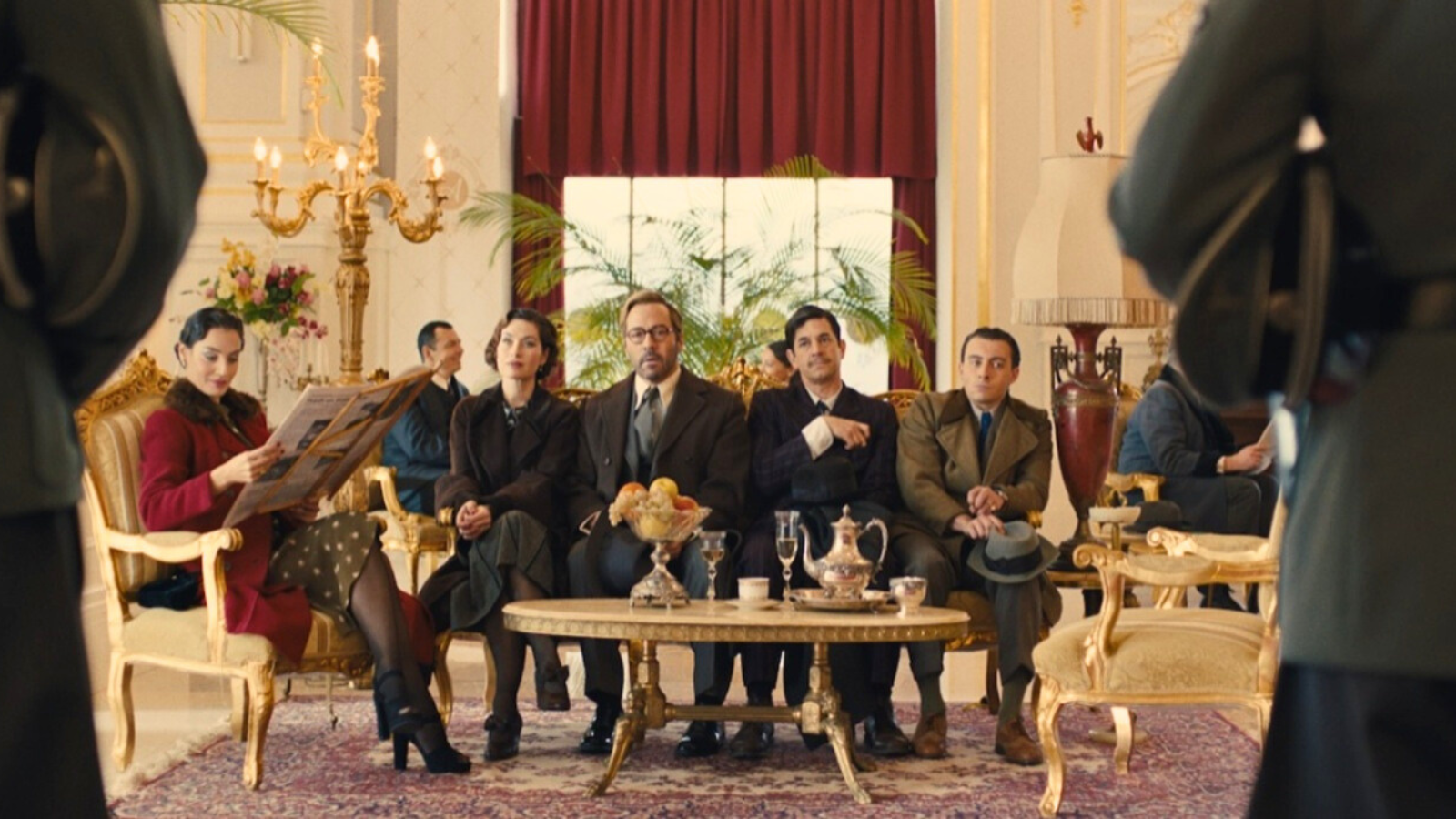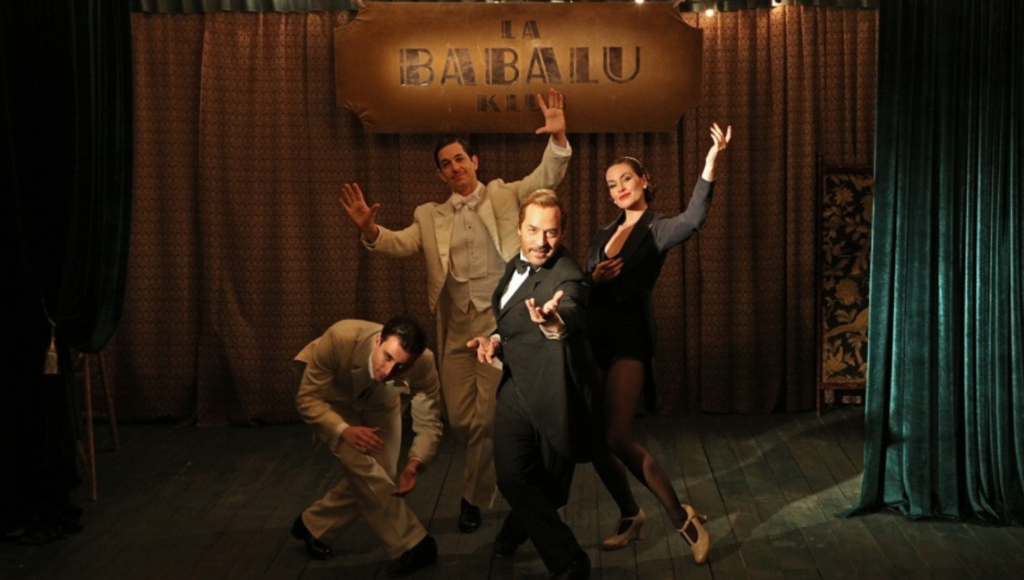
The Performance
Dustin Chase
“The Performance” wouldn’t have registered much a week ago, a small film with a big turn from Jeremy Piven (“Entourage“), directed by his sister Shira Piven, about an American/Jewish tap dancer who performed for Hitler. However, the controversy over country music and “American Idol” star Carrie Underwood performing at the Trump inauguration has infused “The Performance” with modern-day relevance. Piven completed this film last summer, and it is only now being released this week, with no foresight of how it might be associated with the 2025 inauguration. If you have been on social media lately, you might have seen both sides of the political spectrum weigh in on Underwood’s decision to perform; everything from “I am never listening to her again” to “It’s an honor to be asked to perform in that type of space.” These are the same ideological and moral questions posed in “The Performance.”
Tap Dance was all the rage in America during the 1930s. Despite their talent and enthusiasm, Harold May (Piven) and his dancers struggle to find a following large enough and wealthy enough to pay the bills. They embark on a European tour, introducing this new tap phenomenon to The Balkans. It’s Budapest, their largest audience to date, where they encounter a German named Fugler (Robert Carlyle), who is immediately obsessed with their performing style. He offers them more money than they have ever seen to do one performance in Berlin without disclosing who they will dance for. “We are finally the main attraction,” Harold explains to his ensemble of four, convincing them to overlook what they hear and see in the news. “People like us are trying to get out of Germany, not get in,” says right-hand man Benny.
...the takeaways here are ultimately about greed, morality, and an artist's need to be appreciated.
In this film, the fictional Harold May and his crew worry for their safety and eventually must flee to get out of the country when suspicions arise about their company’s ethnicity and sexuality. Aside from the fallout with Underwood’s fans, having to sing a cappella in front of the nation’s leaders was probably the scariest thing to occur during her ordeal. What little suspense “The Performance” does muster isn’t tied to whether the Nazis will uncover that Harold is actually Harold Marcovitz, as much as it’s the audience’s knowledge of history and what is about to take place in Germany. The film’s first half is quite good despite the clunky stock footage. The second half, which technically means the film should have been called “The Performances,” dives into excess and cliché.
Based on a short story by Authur Miller, the takeaways here are ultimately about greed, morality, and an artist’s need to be appreciated. Themes we have witnessed in both “The Substance” and “The Last Showgirl.” Harold wants nothing more than to prove to his parents, critics, and even his fellow dancers that his sacrifice of friends, family, home, and a normal life in 1936 was worth it. Harold is equal parts protagonist and antagonist in this fable where morality is really what’s being tested on the dance stage. The ramifications Carrie Underwood’s career will encounter remain to be seen. Yet the questions Piven’s film asks the audience are answered in the film’s limping conclusion.
Final Thought
What a film about Jeremy Piven tap dancing for Hitler has to say about Carrie Underwood singing at the inauguration.

